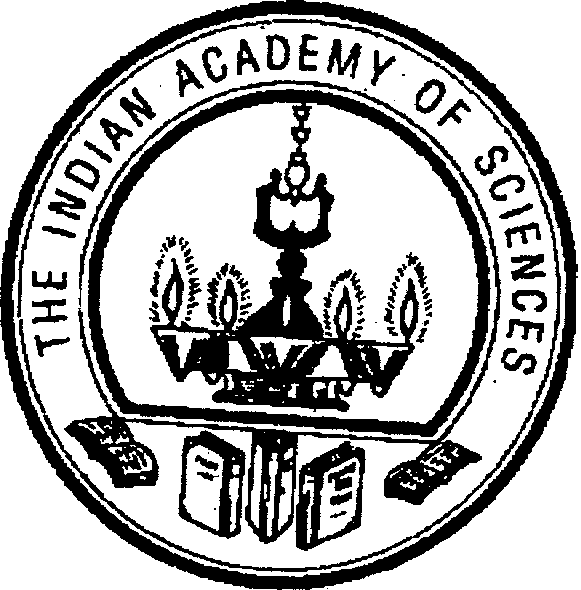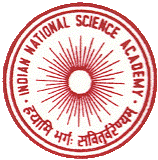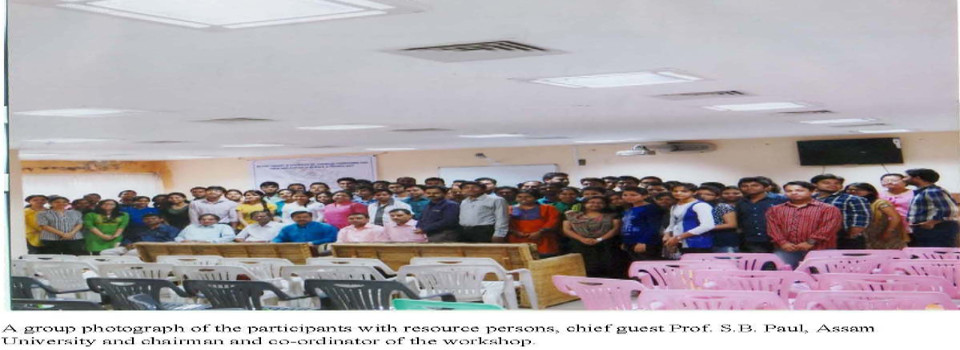About the initiative
Text of the Report on University
Science Education approved in 1995
Foreword by
Professor R. Narasimha, President







